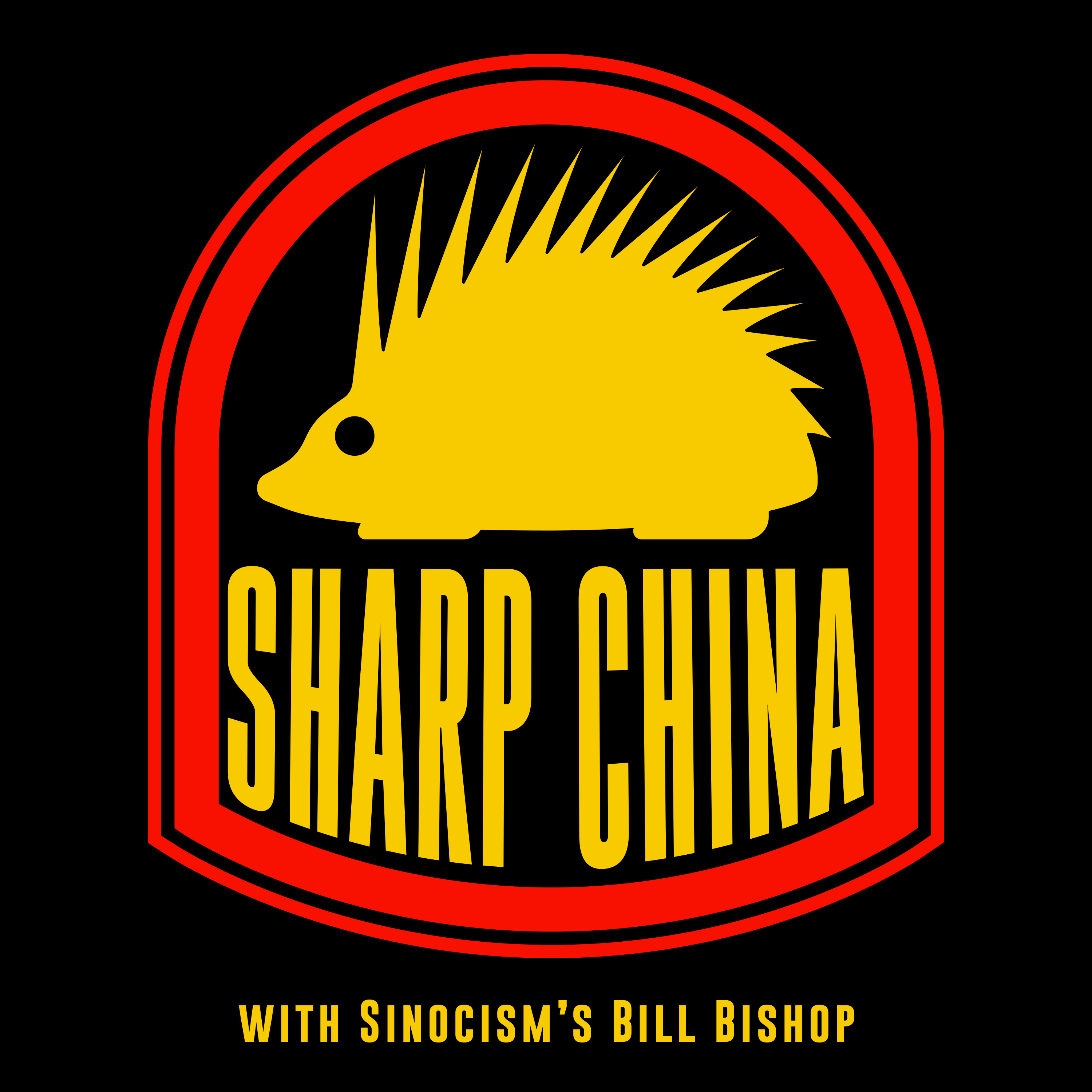
(Preview) Chips and the Geneva Consensus; US Policy and the Chinese Century; Controversy Over Solar Power Inverters

Sharp China with Bill Bishop
Deep Dive
- US Commerce Department issues guidance on using Huawei Ascend chips
- Guidance states using these chips violates US export controls, regardless of location
- China's Ministry of Commerce expresses unhappiness, citing undermined Geneva consensus
- Uncertainty remains about enforcement and implications for companies using Huawei chips
- US aims to counter China's ambitions to build a competing chip ecosystem
Shownotes Transcript
Get all episodes of Sharp China, Sharp Tech, Stratechery Updates and Interviews, Greatest of All Talk, Asianometry and the Dithering Podcast as part of Stratechery Plus) for $15/month or $150/year.
Bill Bishop is the author of Sinocism)
On today's show Andrew and Bill begin with the Commerce Department's guidance on Ascend Chips, caustic responses to that policy on the PRC side, citations to the "Geneva Consensus," and the news the U.S. will be partnering with Saudi Arabia and the UAE on AI investments in a move that may limit PRC influence in the region. From there: Reactions to a New York Times op-ed about divergent policy trajectories for the US and China, comments from Ding Xuexiang on accelerating technological self-reliance, and questions about the US retaining and recruiting global talent. At the end: Rogue communication devices are reportedly found in Chinese solar power inverters, and a word about diamonds.
To email the show: [email protected])
@SharpTechPodcast Channel — YouTube)
@Stratechery Channel — YouTube)
Lai's inauguration anniversary; Xi in Henan; Official belt tightening; Chip controls — Sinocism)
Premier Li on domestic circulation; Ding on tech self-reliance; AI chips; Rare earth magnets; CO2 emissions decline — Sinocism)
US warns against using Huawei chips ‘anywhere in the world’ — Financial Times)
Trump administration considers adding Chinese chipmakers to export blacklist — Financial Times)
An Interview with Nvidia CEO Jensen Huang About Chip Controls, AI Factories, and Enterprise Pragmatism — Stratechery)
Global supply chains threatened by lack of Chinese rare earths — Financial Times)
In the Future, China Will Be Dominant. The U.S. Will Be Irrelevant. — New York Times)
Remarks by Director Kratsios at the Endless Frontiers Retreat — The White House)
Remarks by Director Kratsios at the National Academy of Sciences — The White House)
China is opening a new front in its supply chain war — Washington Post)
Rogue communication devices found in Chinese solar power inverters — Reuters)